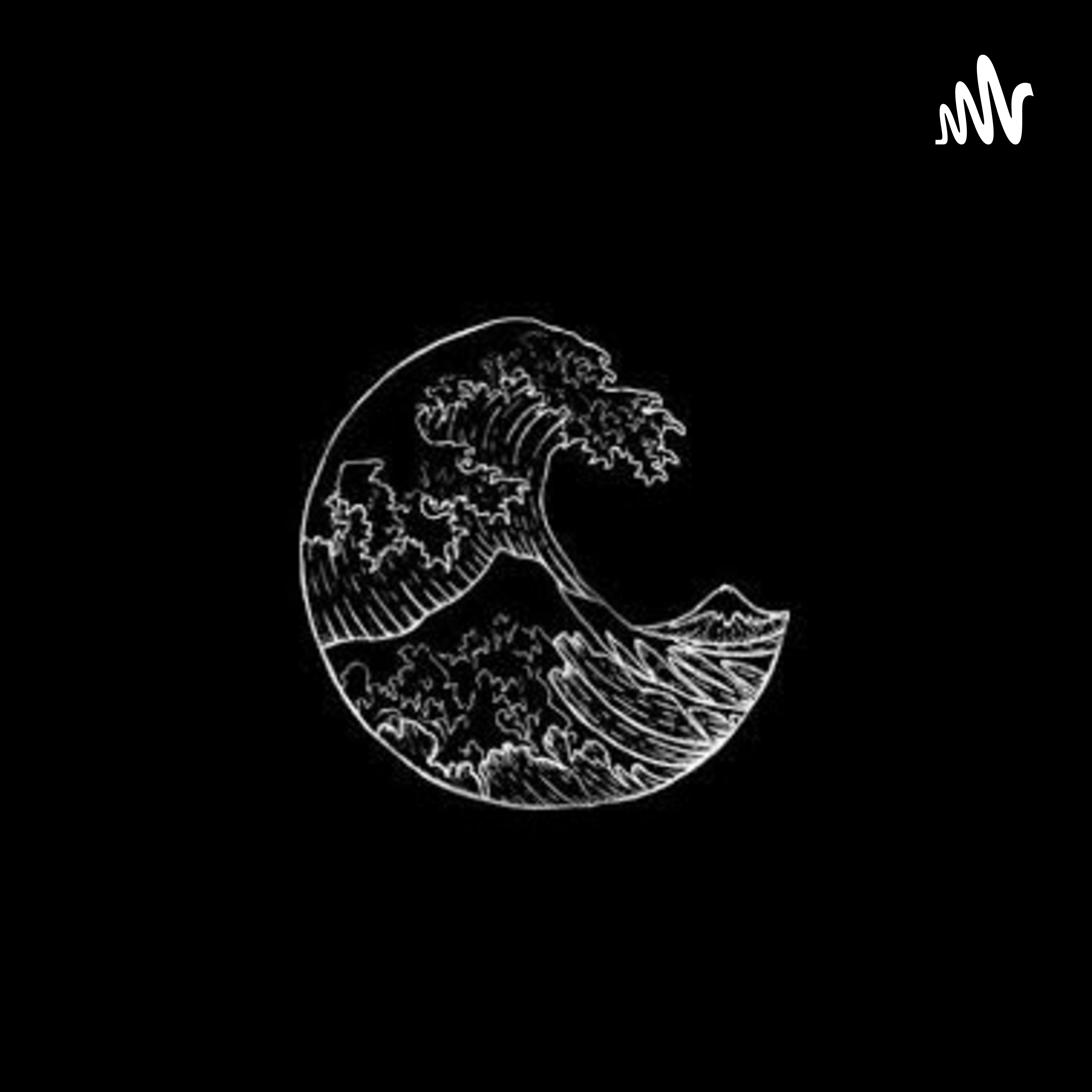 |
Let's Talk About CBTAuthor: BABCP Language: en Genres: Health & Fitness, Science, Social Sciences Contact email: Get it Feed URL: Get it iTunes ID: Get it |
Listen Now...
Let's talk about…Tinnitus and can CBT really help?
Episode 14
Sunday, 1 February, 2026
In this episode, Helen is joined by Colin Blowers, James Jackson, and Hashir Aazh for a thoughtful conversation about tinnitus and how cognitive behavioural therapy can help. The panel draws on professional expertise and lived experience to explore what tinnitus is, why it can become distressing, and the importance of getting it checked. The conversation focuses on how CBT can support people to change their relationship with tinnitus, reduce distress, break unhelpful cycles of attention and anxiety, and live a full and meaningful life even when tinnitus is present. Key themes include acceptance, habituation, flare-ups, and why learning to manage reactions to tinnitus, rather than trying to eliminate it, can make a real difference. This episode will be helpful for anyone experiencing tinnitus, supporting someone who is, or interested in how CBT can help people live well with long-term conditions. Resources & Support: Helpful website: NHS information about tinnitus: https://www.nhs.uk/conditions/tinnitus/ More information about tinnitus can be found at Tinnitus UK World Tinnitus Congress- https://wtc2027.co.uk/ Books: Living Well with Tinnitus: A self-help guide using cognitive behavioural therapy- Hashir Aazh and Brian C.J. Moore Find more information about CBT- www.babcp.com Find our sister podcasts and all our other episodes in our podcast hub here: https://babcp.com/Podcasts Have feedback? Email us at podcasts@babcp.com Follow us on Instagram & Bluesky: @BABCPpodcasts Credits: Music is Autmn Coffee by Bosnow from Uppbeat Music from #Uppbeat (free for Creators!): https://uppbeat.io/t/bosnow/autumn-coffee License code: 3F32NRBYH67P5MIF This episode was produced by Steph Curnow











